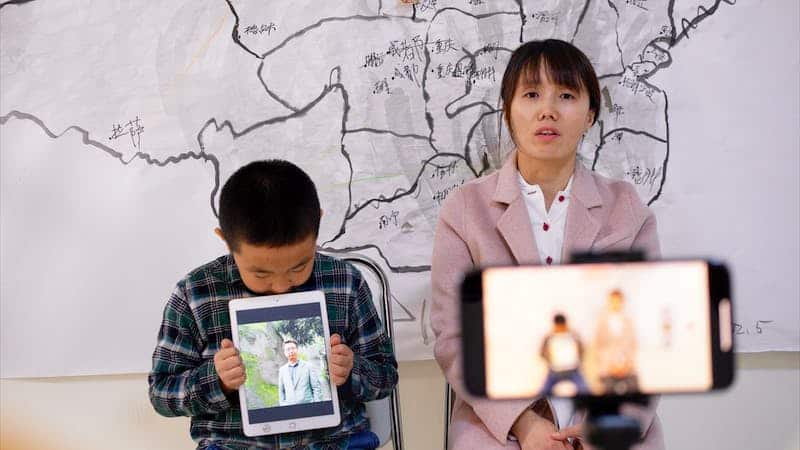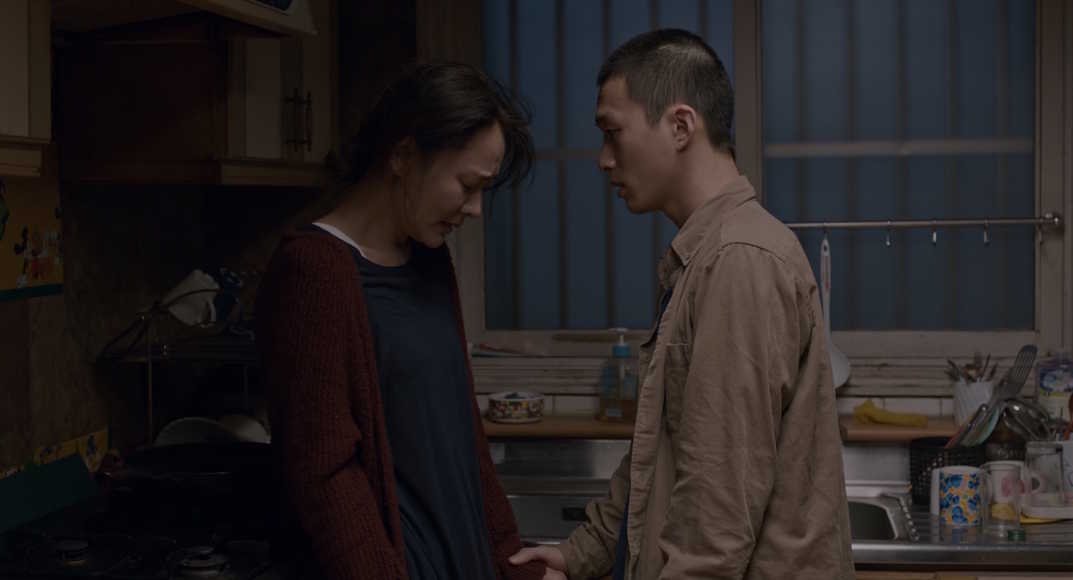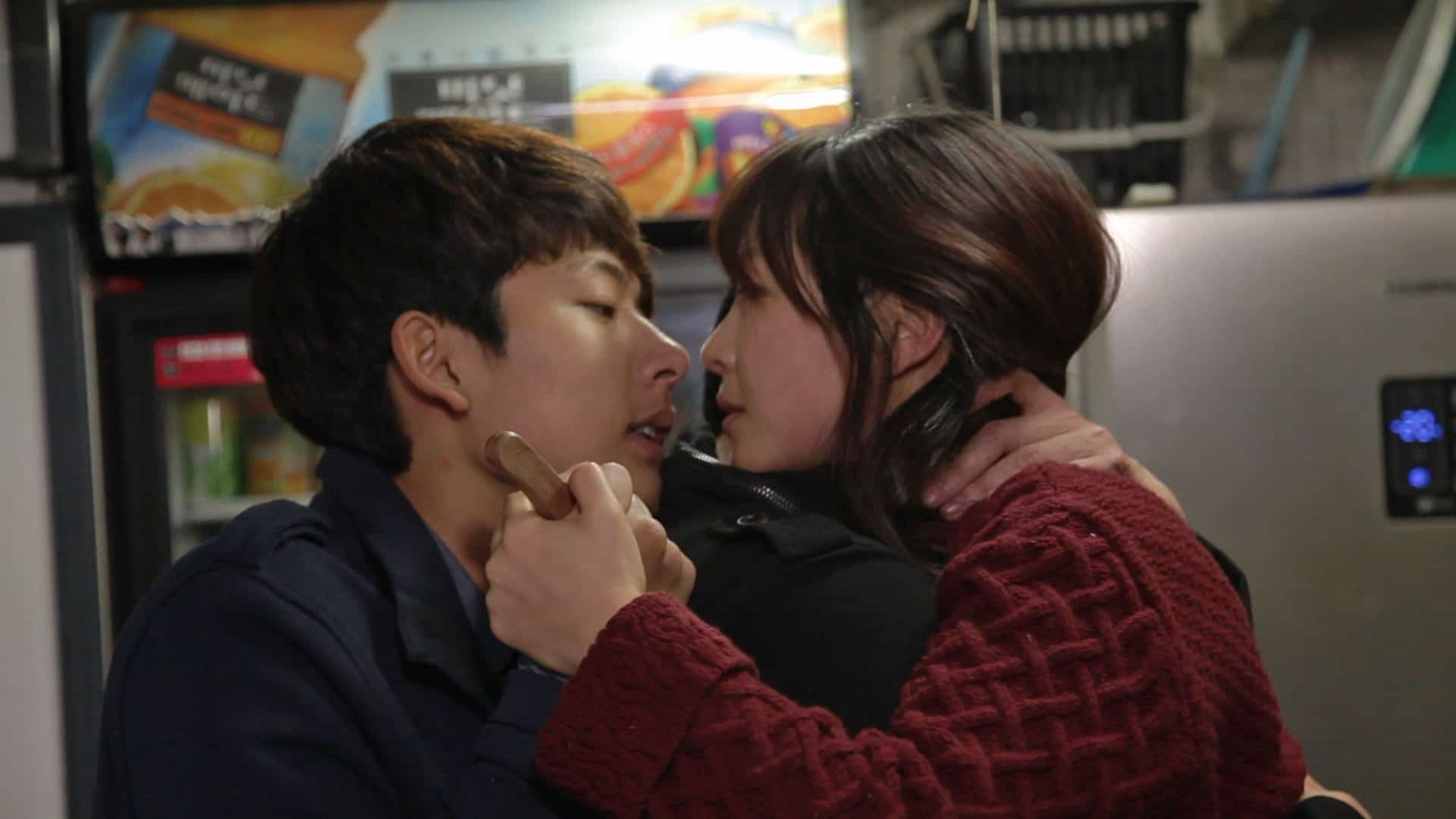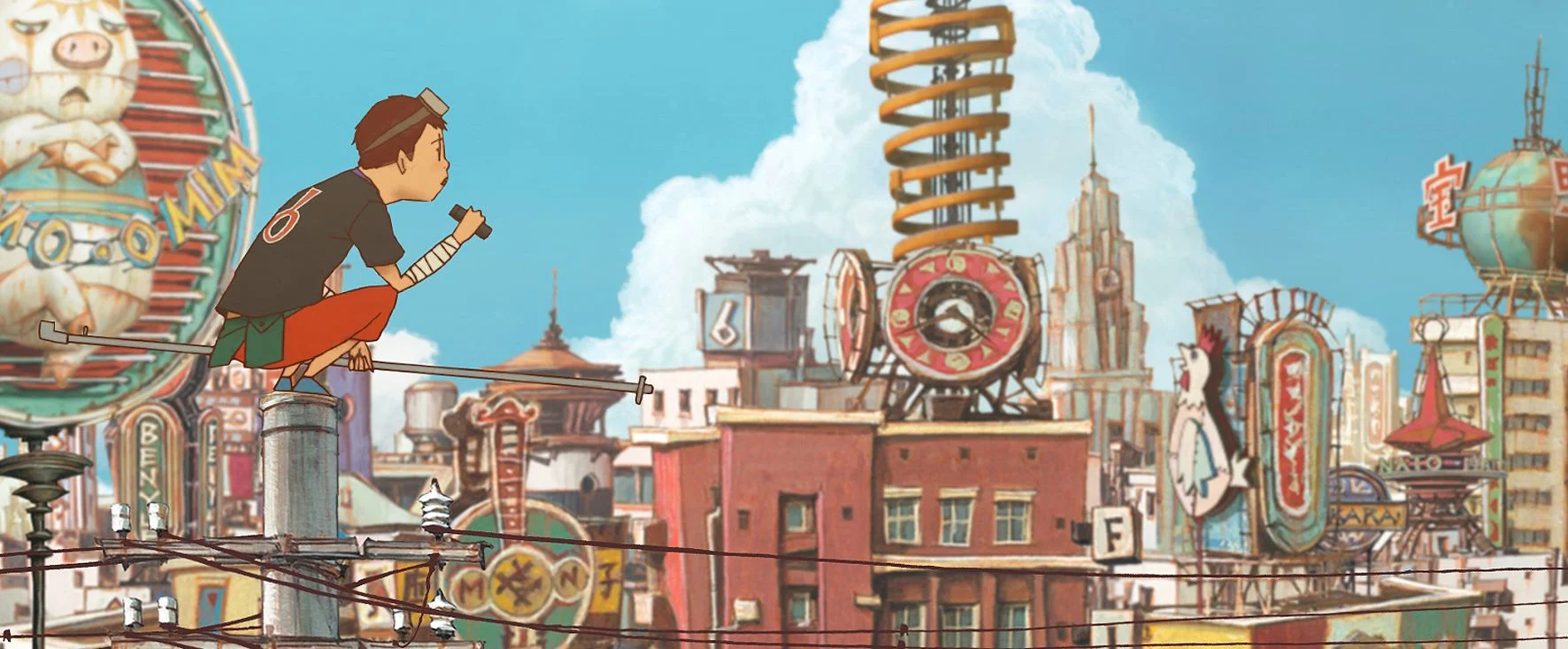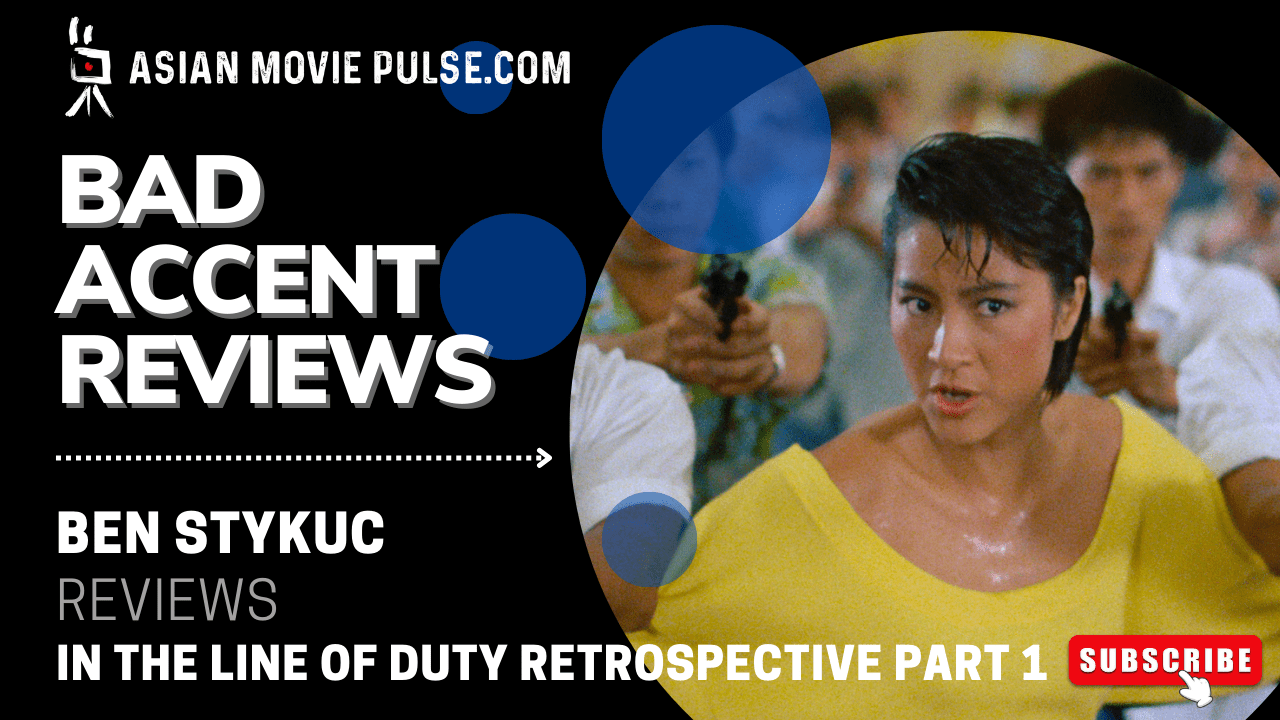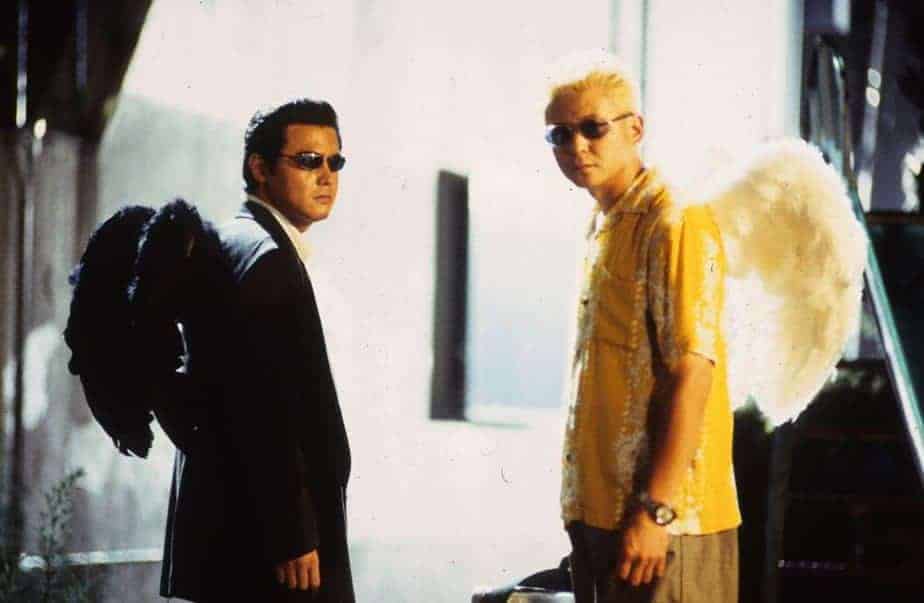In his 2013 book “Who Owns the Future?” author, scientist and musician Jaron Lanier states that only few “people realize the degree to which they are being tracked and spied upon”. It is certainly true that with the advent of big data and tracking technology, following a flu outbreak, for example, is much less time-consuming and more reliable, but on the other hand, we are experiencing the abuse of such technology all over the world. Authoritarian states and employers have been caught using said technology to monitor other people, often under the pretense of national security or increasing efficiency. In her new documentary “Total Trust”, director Jialing Zhang takes a look at how big data and the Chinese government work hand in hand to perfect their control over Chinese citizens, and how this example may serve as a grim vision of a possible future going far beyond the borders of the country.
Total Trust is screening in cinemas in Europe, the US and Canada, courtesy of Film Movement
The documentary opens with several impressions taken from the Party's 100th anniversary celebration. As expected, the montage of songs, demonstrations, fireworks and other performances, accompanied by pro-Party news coverage, is another prime example of the staging of the political caste of China, celebrating its glory and past. However, Zhang is after much more than presenting and exposing the Party's narrative which we have got to know over the years, but shows a more sinister aspect of life in today's China. As the feature shifts towards a technology mess, displaying the latest tracking and facial recognition, we catch a first glimpse of what is going on behind the staging of the aforementioned celebration, making it look like a forgotten chapter straight out of George Orwell's “1984”.
Check also this interview
Following the case of two lawyers who have been imprisoned and interrogated by the Chinese authorities, Zhang draws a frightening image of how individual freedom is repressed. While one of them was lucky enough to be set free eventually, his colleague is still being kept by the police in an unknown location, and with no contact to his wife and child. The continuous attempts of the authorities to monitor the family's movements, to silence them and frighten them seem more like something out of a dystopian story, but are in fact a sinister truth of a political system trying to control every aspect of everyday life and also the way it is represented to the outside world. At the same time, we hear an interview with a female officer, tasked with observing a large number of people and who is more than eager to out the new technology into practice, because, after all, it will certainly “make work easier”.
The interviews, accompanied by the various looks at other realities of China as well as the technology which is already in place, present a bleak image. Zhang, however, is not interested in just the portrayal, but rather the provocation of the viewer, demanding to stay alert at the way people are willing to accept censorship and control only to live comfortable lives. Its is a necessary, if at times a highly uncomfortable look at a political system using big data to enforce its own narrative.
“Total Trust” is a documentary about China's political system utilizing big data and technology to exercise complete control over its citizens. Jialing Zhang emphasizes time and time again this bleak image as well as the stories she follows are the consequence of a repressive system, which allows comparisons to many other countries and cultures from all over the globe.


